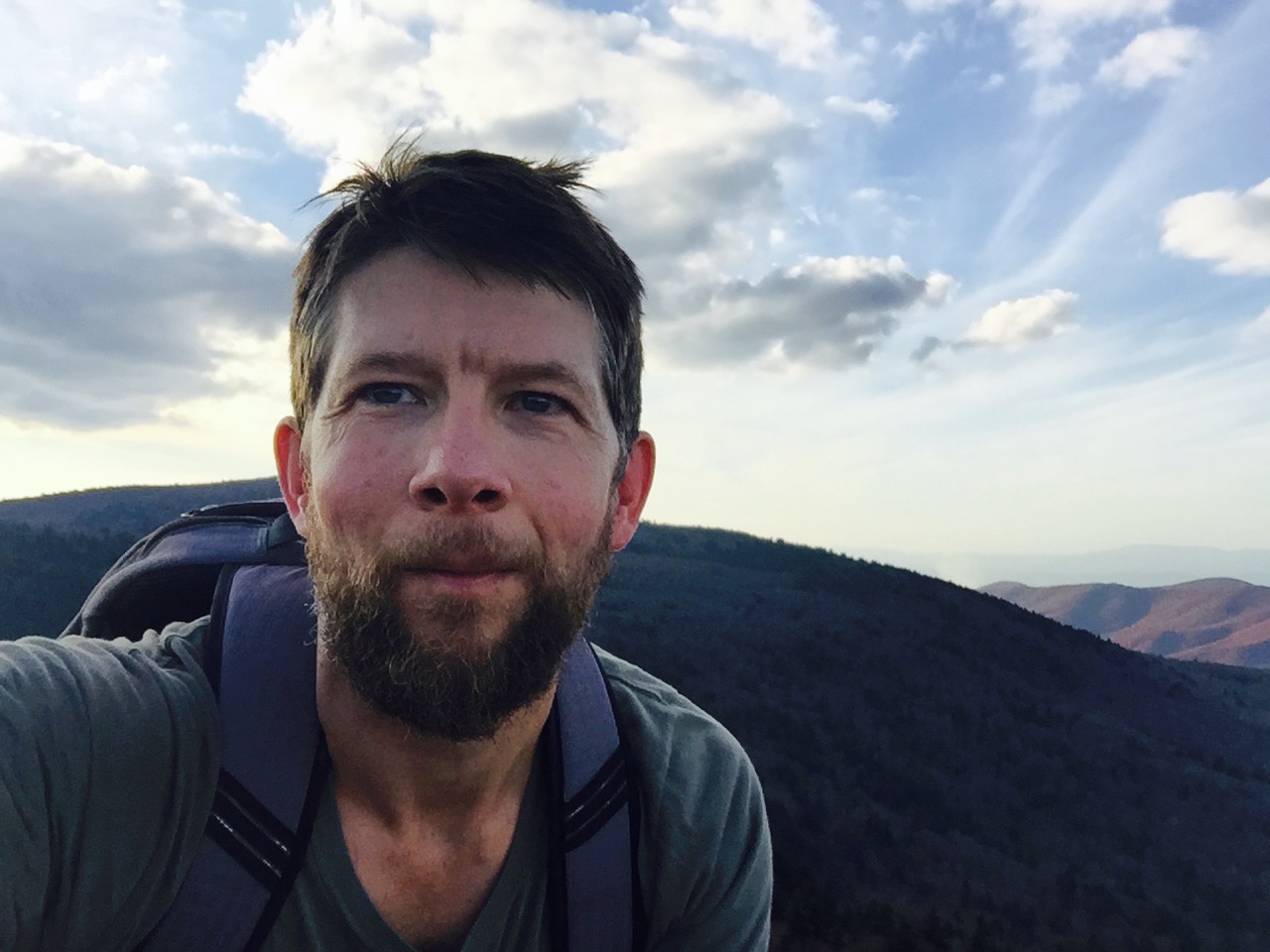
“Ultimately, environmental politics is about nothing less than the value of life—the value of our lives and all the other lives that form a planet. It’s about what ways of spending our days get celebrated and sustained. And it’s about who gets to survive the 21st century, and what kind of civilization comes out the other side.”
Nihilism:
Is very tempting right now
Goes hand in hand with self-righteousness
I caught up with Jedediah Purdy, author and environmental and constitutional law scholar, via teleconference on a Sunday, as the U.S. moved more fully into primary season. We talked about how, while it’s still early in the year, much is being made of who is “electable.” Purdy, who is backing Bernie Sanders, mentioned how while researching another project, he recently ran across an article from May 2008, in The Guardian, that discussed doubts about whether Barack Obama was “electable,” and intense fighting between his campaign and Hillary Clinton’s.
“It reminded me that unity comes later in the cycle than May, let alone March, and sainthood comes much later—after the second term,” said Purdy. In his 2019 book, This Land Is Our Land: The Struggle for a New Commonwealth (Princeton) Purdy argues that, as citizens, we each need to confront the political and ecological challenges of our times actively–that humans must create better bonds across countries. “Right after [my son] James was born I read him Paradise Lost; I had this conceit, ‘he will get the rhythms of the language somewhere deep in his head,’ and would joke with my wife about how we were getting his moral education out of the way. What I realized in re-reading Paradise Lost is how language is really the original special effect.” Sleep-deprived and taking their baby for walks, he listened to what he called “bad music, not just to the objectively worst music I listened to in high school—John Mellencamp—even worse music I had never listened to in high school, like Rush! But I also listened to a lot of Neil Young’s catalogue. Neil’s music is kind-of parent music—it all feels like you are worried about something vulnerable and it is right in front of you—the line from ‘Ohio,’ the song about the Kent State shootings: How can you run when you know?”
Purdy and I talked about the connection between spending time outside, walking, or hiking, and coming clear on our thoughts, how our thoughts are attached to our experiences in ecologies. Reflecting on a recurring dream of finding Appalachian-style hills in the flat Carolina Piedmont, he says, “I finally saw it was some sort of hunger for...
You have reached your article limit
Sign up for a digital subscription and continue reading all new issues, plus our entire archives, for just $1.50/month.
Already a subscriber? Sign in




